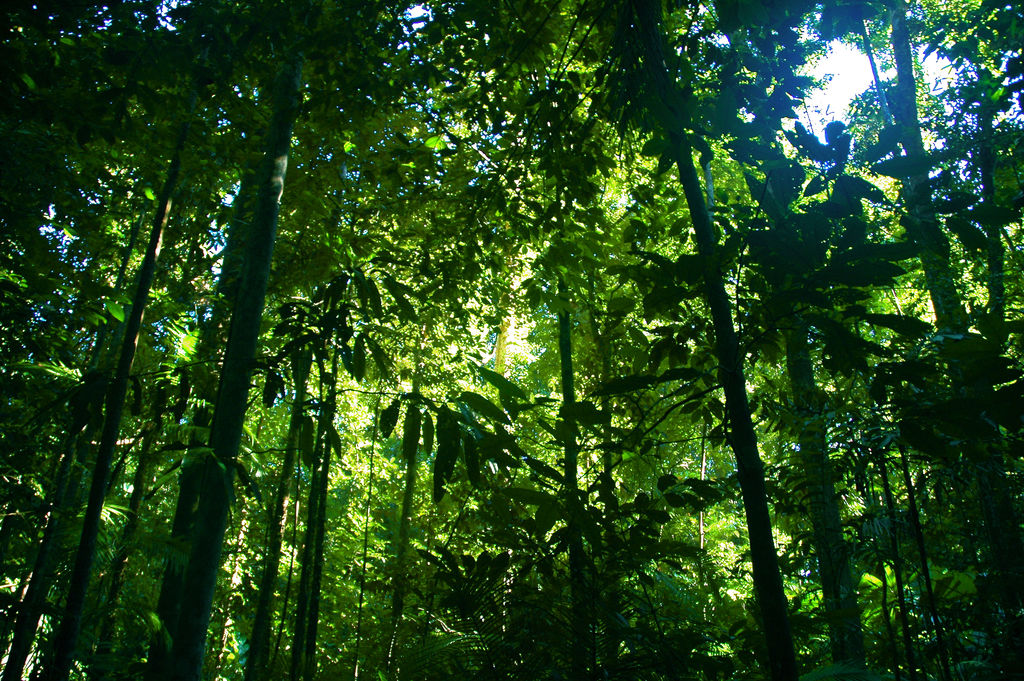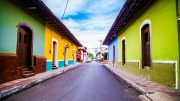Photo by Ben Britten, courtesy of Creative Commons.
Mariana Nava/Contributing Writer
Few people give a second thought about plants, but an upcoming lecture series might just change that.
As part of its Speaking Sustainable Lecture Series, the School of Environment, Arts and Society has organized an event called “Global Climate Change and Tropical Forests: Adapt, Migrate or Die,” which intends to shed some light into the current situation in the Amazon tropical rainforest.
“The purpose of all our Lecture Series is to give people the opportunity to hear from our researchers at FIU because we have so many researchers who are doing really interesting and groundbreaking work,” said Elaine Pritzker, program manager of SEAS.
At this event, Kenneth Feeley, assistant professor of the Department of Biological Sciences, will share his research about the migration of trees in the Amazon forest due to the climatic conditions that are affecting them.
Mainly, he will discuss the reason why migration is considered the only option trees have had to survive, realities of the imminent climatic changes and deforestation and how the people can contribute and help to protect what is left.
In an interview with Comcast Newsmakers, Feeley says that there has been too much attention focused on the Arctic, when other regions are suffering due to the climate shifts.
“We are trying to shift that focus to the tropics, to the rainforests, the jungles where actually most of the species on the planet grow,” said Feeley.
His research explores the fatal situation that plants, especially trees, are going through when they cannot tolerate the climate changes, which they fight by shifting their distribution.
However, if they are not able to do this shifting, they might get very close to extinction.
He also points out that millions of people from the tropical countries of the world depend on these forests for a living, to capture and purify the water, among other things.
If these tree species do become extinct, these people will lose a natural resource that is essential to their lives.
“As the species drop out, we are going to have some species that will fill their place,” said Feeley, “but we are going to lose a lot of our unique and special species, and all that will just make climate change worse and worse.”
All these effects are due to the cycle that global warming is causing, said Feeley.
“In ten years, we can start to see some of these changes, and the change we are measuring is relatively small, but it is actually very fast when you think about what is happening,” said Feeley.
This upcoming lecture is on Wednesday, February 26, at 7 p.m. at Deering Estate at Cutler, on S.W. 72nd Ave. Miami, in the Visitor Center Auditorium. It will be free and open to the public.
-bbc@fiusm.com






Be the first to comment on "Lecture sheds light on global warming’s effects on rainforests"